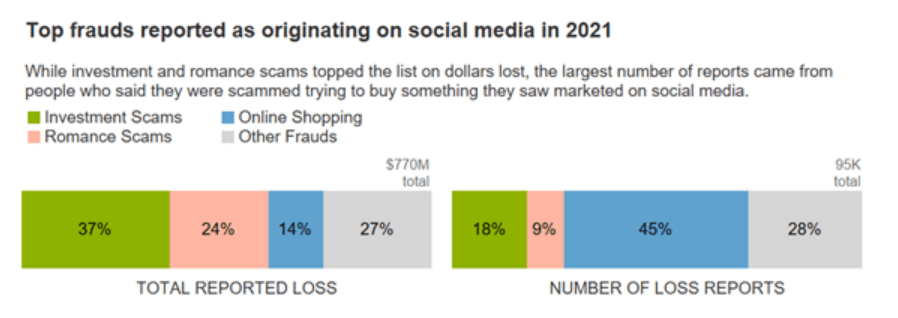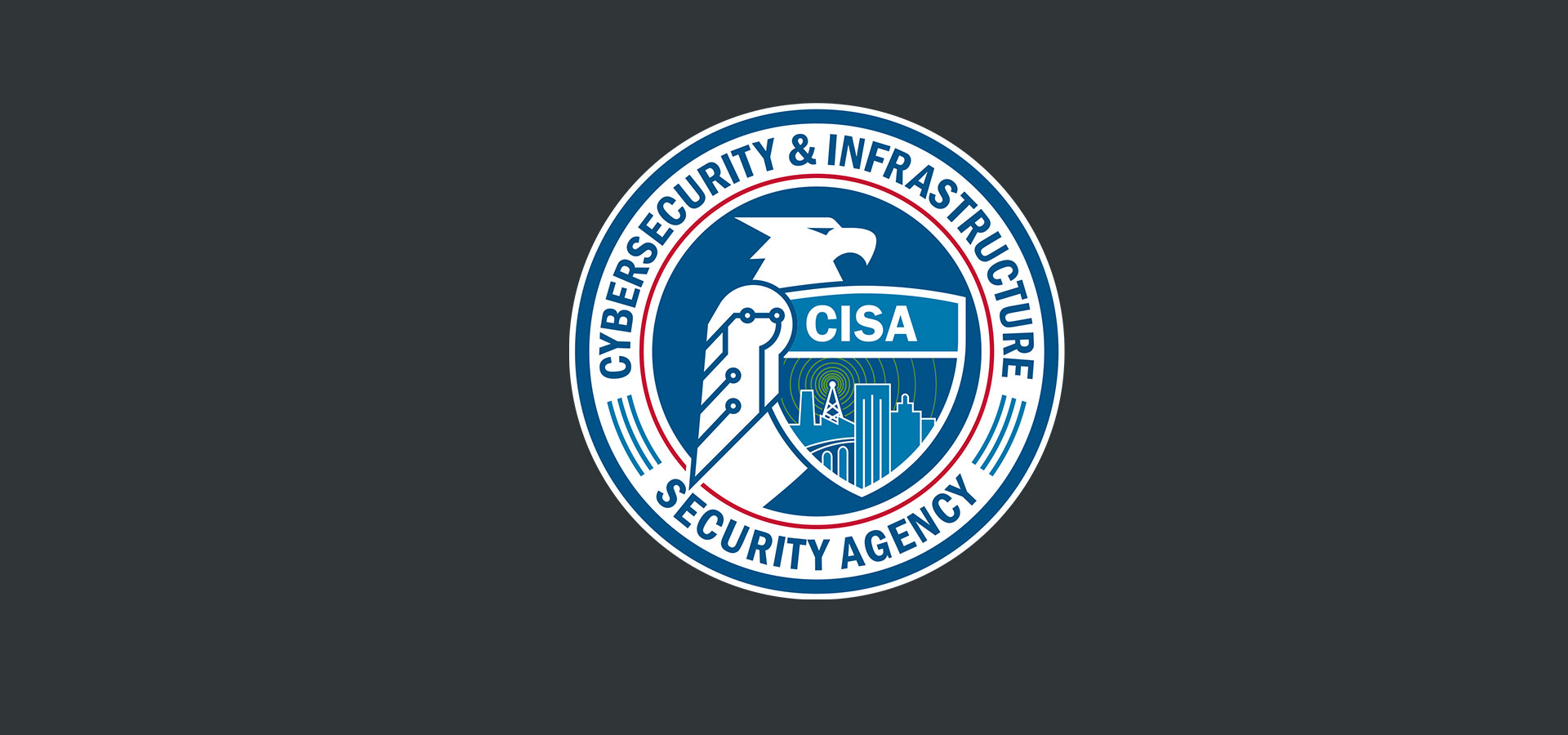
Americans Lost $770 Million From Social Media Fraud in 2021, FTC Reports
A report from the US Federal Trade Commission (FTC) revealed that in 2021 Americans lost $770 million from social media frauds.
The US Federal Trade Commission (FTC) revealed that in 2021 Americans lost $770 million from social media frauds. These data are the result of the increased exposure of netizens through social media.
The US agency received over 95,000 reports from US consumers victims of social media frauds, this marks an 18-fold increase over 2017 reported losses and more than double compared to 2020.
More than 25% of individuals who reported losing money to social media fraud in 2021 said it started on social media with an ad, a post, or a message.
According to the FTC, people with age between 18 to 39, were most exposed to these scams in 2021.
Most of the reported scams, crooks promoted bogus investment opportunities, and in many cases, they got in direct contact with victims as supposed friends to encourage them to invest. Scammers tricked people into sending money, often cryptocurrency, on promises of huge returns.
Romance scams were the second most profitable social media fraud, more than a third of people who said they lost money to an online romance scam in 2021 declared it began on Facebook or Instagram.
The largest number of scam reports is related to online shopping scams where marketed products were not delivered.
Kaybedilen dolarlar listesinin başında yatırım ve romantizm dolandırıcılığı gelirken, en fazla rapor, sosyal medyada pazarlandığını gördükleri bir şeyi satın almaya çalışırken dolandırıldıklarını söyleyen kişilerden geldi. Aslında, 2021'de sosyal medya dolandırıcılıklarında kaybedilen para raporlarının %45'i çevrimiçi alışverişle ilgiliydi." FTC'nin raporunu okur. "Bu raporların yaklaşık %70'inde insanlar, genellikle bir reklam gördükten sonra sipariş verdiklerini ancak ürünü hiç almadıklarını söyledi. Hatta bazı raporlar, insanları benzer web sitelerine yönlendiren gerçek çevrimiçi perakendecilerin kimliğine bürünen reklamları bile tanımladı. İnsanlar teslim edilmeyen ürünlerle ilgili raporlarında belirli bir sosyal medya platformu belirlediklerinde, 10 kişiden yaklaşık 9'u Facebook veya Instagram olarak adlandırdı.
FTC'ye göre, yatırım dolandırıcılığı, aşk dolandırıcılığı ve çevrimiçi alışveriş dolandırıcılığı 2021'de sosyal medya dolandırıcılıklarında bildirilen kayıpların %70'inden fazlasını oluşturuyor.
Below is a list of best practices shared by the FTC to avoid social media frauds:
- Limit who can see your posts and information on social media. All platforms collect information about you from your activities on social media, but visit your privacy settings to set some restrictions.
- Check if you can opt out of targeted advertising. Some platforms let you do that.
- If you get a message from a friend about an opportunity or an urgent need for money, call them. Their account may have been hacked – especially if they ask you to pay by cryptocurrency, gift card, or wire transfer. That’s how scammers ask you to pay.
- If someone appears on your social media and rushes you to start a friendship or romance, slow down. Read about romance scams. And never send money to someone you haven’t met in person.
- Before you buy, check out the company. Search online for its name plus “scam” or “complaint.”
Source: https://securityaffairs.co/wordpress/127383/cyber-crime/social-media-frauds-ftc.html
Sign up for the e-mail list to be informed about the developments in the cyber world and to be informed about the weekly newsletter.



